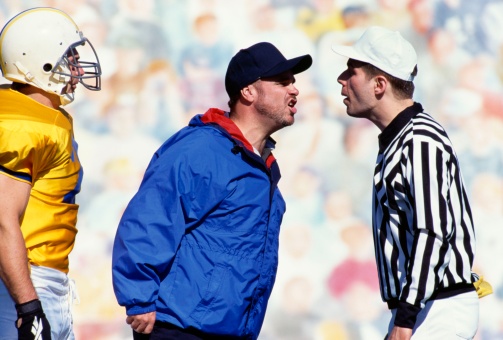“Thanks Coach, we had an amazing time in this program, but you just don’t do enough showcases and we are going to miss getting seen by college coaches. We will be joining Club X.”
“But isn’t your daughter still in middle school?”
“Yes, but they say if we don’t join now we won’t be able to make it later on, so thanks, we loved the great experience here but we are moving on.”
Have you heard that one? Or something like it? I know I have heard it over and over the many decades I have worked in the youth soccer space, and this time of year is always the most stressful, anxiety inducing and heartbreaking time of the year. It is the time of year when most states run tryouts. Teams that have built a bond unravel, and many children find themselves removed from friends due to merit (replaced by a stronger player) or age groups that result in larger game sizes and thus different roster sizes. But the worst thing I see this time of year is the all out sprint to change teams so that young players will “get exposure” often at the expense of continued improvement and growth as a player AND a person. Let me explain.
First a caveat. I do believe there is a time and place where strong, committed players should take the next step and aim for a higher level team. Players can outgrow the commitment level of teammates, or level of coaching provided by a local club. They can also reach an age where recruiting becomes important, and some clubs definitely can offer more exposure to higher level events, competition, etc. My problem is I see this happening at increasingly younger and younger ages, where the story of getting seen is sold to people as more important, or at least the equivalent of, getting better, especially in places where that higher level club is a significant distance away.
I get many emails and calls about this topic, and they all start with “this is totally driven by my son/daughter” and they are correct. I do not doubt this for a second. But this is where the adults need to step in and say “hold on, let’s be patient, is there a more important time/age for us to be making this commitment.” In other words, does it have to be at 10-13 years old? If we are in an environment a child is improving, is leaving the only alternative? What is the tradeoff if an athlete is spending 8 plus hours a weeks additional in a car? Is it a worthwhile trade for the child and their childhood? For the parent doing the driving? For the entire family?
Every child is different, and some are so committed (as are their parents) that they can thrive in an environment where they they spend more hours in a car than they do practicing. They can keep up on school work and social activities, and are more than willing to forgo some events and time with friends because of their commitment to their sport (see this article about Olivia Moultrie of the Portland Thorns and other young NWSL stars). Yet these are unicorns.
What happens far more often is that the kids who leave too young in search of being seen. They leave good coaches and solid teams. They often stop improving at the same rate they would if they used that time in the car to instead train individually, do additional practices, or play with older kids or in an adult league. No one gets better in a car. Most of the time I hear about these kids returning a year or two later to their original team (if it still exists because oftentimes one player leaving creates an exodus). More often they are burned out, injured, and many just quit altogether.
Focusing on getting seen also turns attention from the love of the game, and embracing the journey of mastery, and puts the focus on competing solely because someone “important” is watching. I have seen this so many times, where the end goal of sports becomes getting recruited, and once that happens, athletes discover they have lost the love and passion to play. They get to college, and they quit. Or they hang on, zombie like, for four years, because they believed getting seen was the ultimate goal. They traded love of the game and mastery for exposure.
Now, I know that college coaches are at certain events, but they are not there when kids are 12. And college coaches are not in the business of overlooking strong players who pop on the scene at U16 or U17. If you are good enough, you will get a spot on a good team. And if you are good enough, you will get recruited. The problem is too many kids stop getting good enough in exchange for getting exposure.
I believe too many parents are scared into making these decisions because they do not want to get left behind. I also believe far too many kids make these decision because a teammate left, yet that teammate is a better, more committed player. Instead of recognizing that everyone is on their own path, they try to emulate the pathway of others. But that is not your child. Let your kids find their own pathway.
I live in a town where exceptional players eventually have to leave in many sports, and in others they are in a perfect place to succeed at the highest level. I see many kids leave, and return a few years later. Some of them quit. Some of them play in college, likely at the same exact level as they could have achieved locally. And a very small number, almost entirely made up of families who can move or work remotely and the child attends online school, achieve a higher level. But every year I think to myself you spent a lot of time and a lot of gas money to arrive at the same destination.
So, my final advice is this. Develop love of the game. Get better. Keep getting better. Chart your own path. Be worth knowing, and you will be known. Spend a little less time getting seen, and a lot more time getting better, and your path will be a much more rewarding and fulfilling one. Make good decisions this tryout season, and good luck on the journey!













Comments